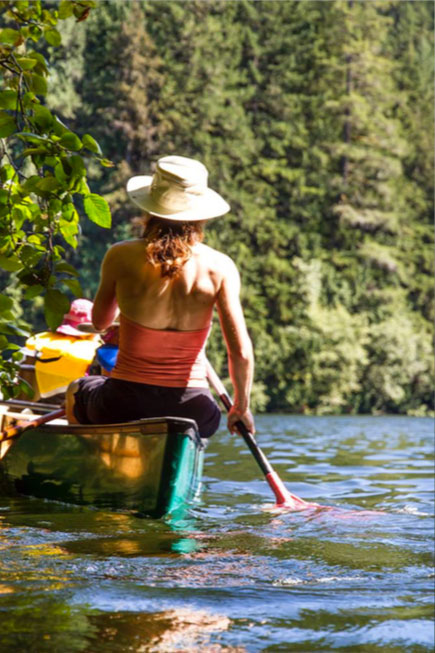Recovery Week / Supercompensation
 Having a recovery week is very important.
Having a recovery week is very important.
Throughout the years I have often met climbers that did not want to rest because they were convinced they were wasting time, but a recovery week is just as important as a training week.
During the training period the body needs to recover, the muscles rest after the endured training, they adapt and prepare for the next training session.
This phase is called Supercompensation, our body’s process of adaptation, in response to a specific
training stimulus.
Called “homeostasis”, our organism’s reaction that aids in regulating and maintaining a balance. A process based on a physiologic response given by Action = Reaction, during which our body reacts according to its own system of regeneration, (or better a defense of the organism), faced with the stress associated with training, attempting to bring it back into balance, not limited to simply “adapting”, but rather to a greater capacity for resistance, superior to the previous training session: an improvement therefore occurs for a brief period, bringing the body to a superior athletic level.
In summary:
Training / Organic Stress + Supercompensation = Organic Adaptation to the Previous Stress = Athletic
improvement for a brief period.
What you need to obtain the improvement:
- Training stimulus with a high intensity, but adapted to our body. (Organic stress)
(Careful not to surpass the limit, the training session should not go over our personal limit of resistance). - Correct number of rest days. If too few, they will be insufficient to activate the supercompensation phase, risking to enter an “Over Training” phase.
If too many rest days are taken, the body tends to go back to its initial level. According to our climbing training criteria, a week of recovery is very subjective. Everything can change according to factors such as: age, amount of sleep, quality of life, possible daily stress, diet, quantity and length of training sessions, the body’s speed of recovery if one is more or less athletically trained, etc.
Moreover, by resting we cure the micro traumas to the tendons and to muscle fibers that we incur during training, which we sometimes do not notice but are often internally present.
Important:
Even during the recovery week one must train, a medium to high intensity but a much reduced quantity, reducing the exercises and resting with longer times in between, giving priority to the main ones and on alternating days.
Usually we would train on Tuesdays and Thursdays, resting Monday/Wednesday/Friday, but it is subjective. Saturday and Sunday climb outdoors if possible, but during a recovery week one day is sufficient.


